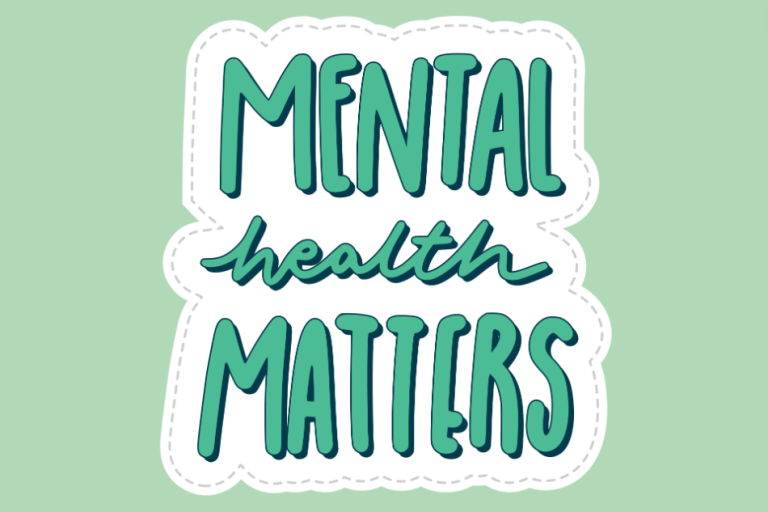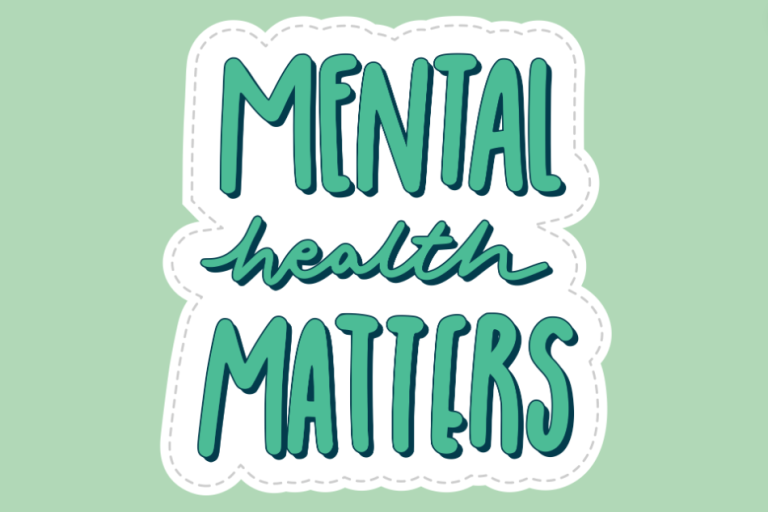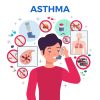
Mental health emergencies are just as critical as physical ones. Unfortunately, they don’t receive the immediate attention they deserve. There can also be confusion about when to call for help. This blog post aims to shed light on recognizing a mental health emergency and the role an ambulance can play in getting you or someone you care about the support needed.
Recognizing a Mental Health Emergency:
Not every difficult emotional state requires an ambulance. However, there are situations where immediate intervention is crucial. Here are some signs to watch for:
- Suicidal thoughts or plans: If someone expresses thoughts of wanting to harm themselves, take immediate action. Don’t leave them alone.
- Homicidal thoughts or threats: If someone threatens violence towards themself or others, prioritize safety by calling for help.
- Severe panic attacks: Panic attacks can be terrifying. If someone is experiencing a prolonged or particularly intense attack that is unresponsive to calming techniques, call for help.
- Psychosis: Psychosis involves losing touch with reality. Signs like hallucinations or delusions warrant immediate intervention.
- Extreme agitation or aggression: If someone is posing a danger to themself or others due to uncontrollable aggression, call for help.
The Role of Ambulance Services
Ambulance personnel are trained to handle a variety of situations, including mental health crises. They can:
- Assess the situation and ensure safety: Their priority is ensuring the safety of the individual in crisis and anyone around them.
- Provide initial support and de-escalation: Ambulance personnel can offer calming techniques and a safe space until further support arrives.
- Transport to a qualified healthcare facility: Depending on the situation, they may transport the individual to a hospital emergency department or a specialized mental health facility.
- Connect with mental health professionals: Ambulance services can liaise with mental health professionals for a smooth transition into appropriate care.
By openly discussing mental health emergencies and the role ambulances play in these situations, we can encourage people to seek help without fear or shame. It’s important to remember that mental health is just as important as physical health, and help is always available.






